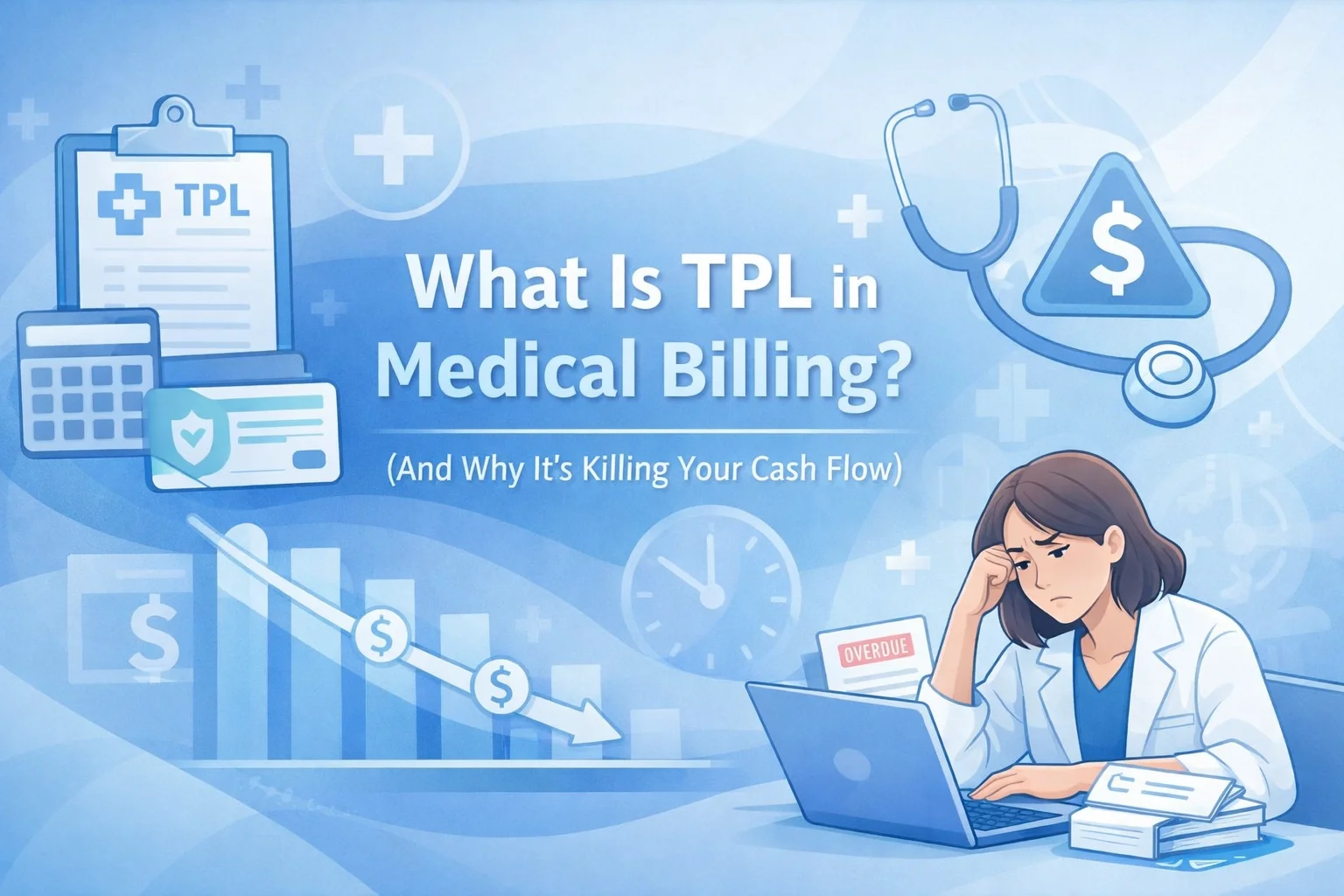6 Simple Mistakes That Are Costing You Money
Therapists often ask me why they’re not being paid when they submit legitimate claims to insurance companies that are contracted to pay those claims.
Anyone who has worked with insurance companies for more than a day can tell you that Insurers look for any reason to deny your claims. Sometimes they do it “by accident” when everything is submitted correctly. The only advice I can give for that is to stay on top of your Explanation of Benefits (EOBs) on a daily basis so you can catch their errors.
Other than that, make sure you avoid these simple mistakes so you don’t lose out on the money that you’re owed.
Expired Pre-Authorization for Treatment:
Remember to always check with the insurance company first to find out if you need a pre-auth. However, once you have a pre-auth, set a reminder to alert you at least 3 weeks prior to that authorization’s expiration date. Before the pre-auth expires you’ll want to do a re-evaluation on the patient to determine a future Plan of Care (POC) for that patient. Then you still have to get the patient’s physician to sign and approve that POC before you can submit another pre-auth. Phew! A lot to remember I know. But hopefully, it will help you avoid putting that patient’s care plan on hold. Set an expiration reminder in your smartphone or put an alert into a calendar so that you have plenty of time to get all that paperwork finished in time.
Timely Filing Limits:
This one should be easy, just make sure you’re billing at least once a week and you’ll avoid this problem. Some insurers only allow as little as 90 days to bill a charge so make sure you stay on top of your initial billing.
Correct name spelling and middle initial:
I know this seems simple but make sure you have the exact spelling of names and all the correct last names and middle initials. Gonzalez and Gonzales are very similar but they can mean the difference between payment and denial. The simple way to avoid this is to copy the name exactly as you see it during your initial eligibility check.
Eligibility Check:
If your patients have Medicaid plans, they can expire at the end of every month. Make sure you check every single patient’s eligibility at the time of service. There are even some automated systems that can check all your patients on a daily basis and email you the updates, not free but affordable.
Plan of Care Expiration:
Similar to pre-authorizations, your Plans of Care expire every 6 months. Exactly like pre-auths, set an expiration reminder 3 weeks ahead of time in your smartphone or put an alert into a calendar so that you have plenty of time to do a re-evaluation.
Diagnosis Specificity and Coverage:
A lot of Commercial Insurance plans have “Exclusions” for specific diagnoses. For instance, a plan might not cover Unspecified Developmental delays but will cover them if the Delay is due to Autism. Make sure you are as specific as possible when diagnosing your patient’s treatments. And always double-check during your eligibility verification to ensure there are no “exclusions” for the treatments you’re providing.
I hope this helps you avoid losing some of that hard-earned money that you’re owed. As always, I’m happy to help you put processes in place to avoid these mistakes.
Archive
- February 2026
- March 2022
- February 2022
- February 2021
- January 2021
- December 2020
- November 2020
- October 2020
- September 2020
- August 2020
- July 2020
- June 2020
- May 2020
- April 2020
- March 2020
- May 2019
- April 2019
- March 2019
- February 2019
- February 2018
- June 2017
- February 2017
- December 2016
- November 2016
- October 2016
Keep reading…
Need Billing Help?





